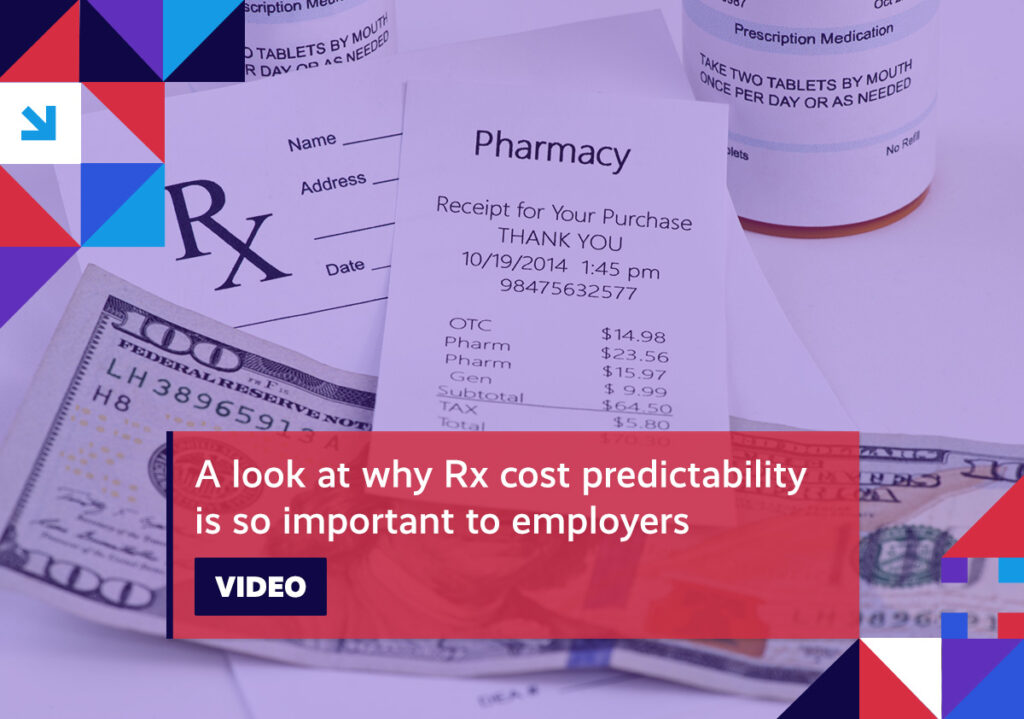A quick roundup of the issues driving the healthcare reform conversation.
Item of the Week

Spotlight
A deeper dive on the critical role that pharmacy benefit managers (PBMs) play in connecting consumers to affordable, quality prescription drugs.
Why PBMs: The fact that so much of the conversation surrounding high drug costs seems to be focused nowadays on PBMs has less to do with any substantive grounding in how the drug supply chain actually operates and more to do with the pharmaceutical industry successfully distracting policymakers, regulators, and the media away from the sole responsibility it bears in setting – and raising – the price of their drugs.
Value: Despite the inflamed rhetoric, research has shown that PBMs will save consumers and our healthcare system more than $1 trillion over the next decade. PBMs achieve these savings by:
- Negotiating rebates from manufacturers
- Offering more affordable pharmacy channels
- Reducing waste
- Encouraging use of generic alternatives
- Improving adherence
- Managing high-cost specialty medications
This value translates into improved patient safety, affordability, and outcomes.
Threats: However, lawmakers at the state and federal level have succumbed to drugmakers’ powerful lobbying and are advancing proposals that threaten to undermine the market-driven tools that make PBMs so effective in the work they do on behalf of consumers, employers, and their customers, including government programs.
What they’re saying: Against this backdrop, stakeholders from across the healthcare spectrum have risen to defend PBMs and the importance of allowing them to do what they do best – namely, working to expand access to affordable, quality drugs. These voices include:
- Academics demonstrating that the tools deployed by PBMs are essential in keeping drugs affordable.
- Economists pointing out the fallacy in pinning high drug prices on PBMs.
- Policy experts arguing that PBMs actually work for consumers and that their work should be protected.
- Small business owners maintaining that PBMs help them better control their drug benefit costs for their employees.
- Pharmacists recognizing that coordinating with PBMs allows them to be more patient-focused.
And, even lawmakers themselves have started to realize that PBMs play a necessary part in combatting rising prescription drug prices, such as Sens. Mitt Romney (R-Utah) and Rand Paul (R-Kentucky), who both raised important questions at a recent Senate HELP Committee hearing regarding proposals aimed at eliminating a critical cost predictability tool that employers depend on to better manage their employees’ drug benefits.
Learn more: As the debate continues, be sure to follow along and keep an eye out for opportunities to add your voice to the conversation.
| You can keep up with the latest by following the Health Action Network on Twitter and by liking us on Facebook. And, be sure to check us out on LinkedIn, too. As always, let us know if there’s something you’d like to see covered in a future newsletter. |
The Health Action Network includes everyday Americans—families, workers, businesses, patients, providers, neighbors, and friends. We are working together because we support market-based solutions that offer better healthcare choices and help build a stronger economy. The Health Action Network is an Elevance Health, Inc., initiative.
